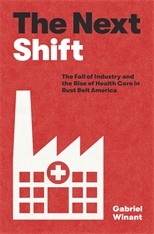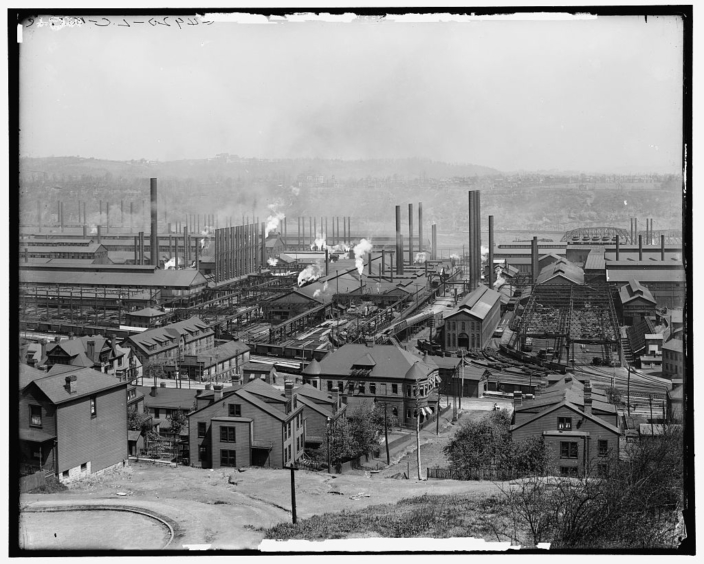The Next Shift: The Fall of Industry and the Rise of Health Care in Rust Belt America

University of Chicago historian Winant explores in his informative debut the rise and fall of Pittsburgh’s steel industry as a microcosm of America’s shift from an industrial to a service economy. He examines the 1950s heyday of the steel industry in Pittsburgh from a labor perspective, outlining the constant conflict between workers and management as the former sought decent wages and benefits while the latter cut corners on staffing and safety to secure higher profits.
The Next Shift: The Fall of Industry and the Rise of Health Care in Rust Belt America
By Gabriel Winant.
Harvard University Press; 352 pages
March 23, 2021
Hardback: $29.95
ISBN 978-0-674-23809-1

The decline of the American steel industry beginning in the 1960s (due in part to global competition) affected Black workers in particular, according to Winant, as their job prospects were hindered by discriminatory hiring practices and a seniority system that limited their opportunities for advancement. He explains how the health-care industry’s expansion in the wake of steel’s decline facilitated the simultaneous “exclusion” (through segregated medical practices and high costs for care) and “exploitation” (through low wages and poor job protections) of Pittsburgh’s Black residents, and sketches how the corporatization of health care from the 1970s through the 1990s impacted patients and workers alike. Lay readers may find Winant’s academic prose and copious data points slow-going, but those with a background in labor history and economics will be rewarded by this incisive deep dive.

Democracy - A Journal of Ideas
[Book author Gabriel Winant is a historian of the social structures of inequality in modern American capitalism. His work approaches capitalism as an expansive social order—not confined to the market alone but rather structurally composed of multiple, heterogeneous spheres. He focuses on the relationship between economic production and formal employment on the one hand, and the social reproduction and governance of the population on the other. Broadly, he is interested in transformations in the social division of labor and the making and management of social difference through this process. In the history department at the University of Chicago, he specializes in twentieth-century United States; labor and working-class history; history of capitalism; urban history; inequality; state formation, social movements and social policy.]
